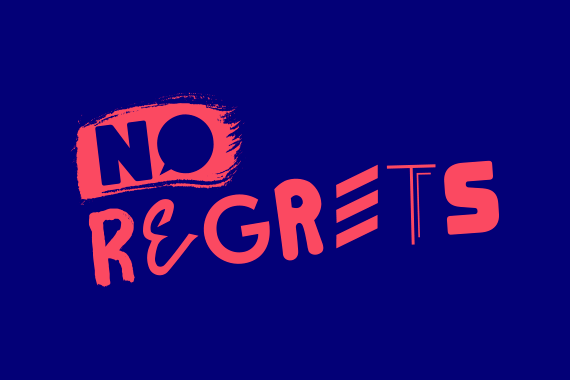Gambling and young people’s mental health
Going for a drive this morning, I noticed at least 10 different betting shops, with one on almost every high street. I got stuck behind a bus and noticed a gambling advert on the back. And as soon as I got home, I noticed various gambling adverts in TV ad breaks. It’s right in front of us, everywhere we go, so no wonder young people in the UK are drawn into the addictive cycle of gambling. Gambling, involving games and socialisation can be fun, however it can also be dangerous and can have a negative impact on mental health. Recently the age limit for lotteries and scratch cards increased from 16 to 18, alongside betting and casinos and other forms of gambling which already had an over 18 restriction. Despite this, it still impacts many young people both over and under 18.
Myrte Elbers has worked within the public health sector for Leeds City Council for the last 15 years. For the past 5 years, she has worked within mental health and gambling and therefore has a strong interest in the connection between addiction and mental wellbeing.
I had a lovely conversation with Myrte on zoom, and together we discussed the topic of gambling. There are many stems from this, including betting, entering lotteries, casinos and online games – anything that involves taking a risk and offering up possessions or money for an unknown outcome counts as gambling. The online gambling industry has begun to thrive over the past 10 years in the UK, especially with technology improving and digital accessibility increasing and particularly with apps becoming accessible on our phones.

A point of interest within my conversation with Myrte, is that in her native country, the Netherlands, online gambling has only just become legal. Betting Shops and Casinos have always been legalized but are a less common form of entertainment than what we see in the UK. In the Netherlands, people do take part in lotteries, however the gambling industry as a whole is a lot less popular. England has a very open gambling culture, with betting shops on every high street and it has become something we see everywhere. It’s so common here in the UK, it’s become part of our culture.
What surprised me during our conversation was that there is still a significant number of underage gamblers, before and after the law changed the required age to 18, who take part in various betting, bingo, lotteries and other forms of gambling. This is both with and without parental knowledge. Myrte predicted that 4 out of 5 parents/guardians know their child gambles in some form or another and they support it, whilst 1 out of 5 parent/guardians have no idea. This is encouraging risk taking from a young age which can lead to an addictive cycle and therefore impacting their mental health and causing potential financial problems.
When playing online, I feel like it’s easy to get drawn into spending money. From my personal experience, I’ve noticed that my card saves on my account, and I simply have to click or double tap and I’ve invested more money very quickly. When it’s cash in hand, it feels real, but for online gambling, money doesn’t feel real (for me it doesn’t anyway and I’m sure others feel the same). Gambling can be in the form of betting, or often in the form of playing games, so it can be hard to stop. There is a thrill and some adrenaline to the idea of gaining money and risk taking. In reality, these gambling companies are incredibly rich and we often lose much more money than we will ever make, that is why there are so many adverts on TV and betting shops on every high street. I believe that gambling on our phones has become far more popular because it’s accessible from wherever we are.
I know so many people who also enjoy betting, especially with the current Euros, and I have had friends who have betted hundreds of pounds. Betting in small amounts is fine and can be fun, but it’s when it becomes addictive with high risk that it can be dangerous. The Euros right now are a particularly common time to gamble. Football is popular, so it’s unsurprising that people are getting caught up in gambling.

When I spoke to Myrte, she predicted that 10,000 people in Leeds meet the criteria for the label ‘problem gamblers’, with an even higher number who gamble regularly. We discussed the terms often seen in adverts ‘Be Gamble Aware’ or ‘When The Fun Stops, Stop’, but myself and Myrte both agreed that these don’t necessarily have the impact that’s intended. For those young people already stuck in the loop it is difficult to stop.
Maybe we seek this thrill because we all have a natural instinct to survive, and to survive means spending money. Maybe we want to live a better or more glamorous life or maybe we don’t want to work anymore. Maybe we just seek the buzz and social aspect that comes with gambling, similar to alcohol and drug use. I think it affects young people because we do take risks, and often we have less financial stability initially, so the concept of gaining money quickly and with little effort is both appealing and exciting. It’s playing a game of chance that will very often go wrong.
For any individuals reading this blog who feel like they find this all relatable this link might help to access further support. Although gambling can affect mental health, remember that many others are in a similar situation and seeking support can really help.
Image credits: Online casino, SmartAssSports

